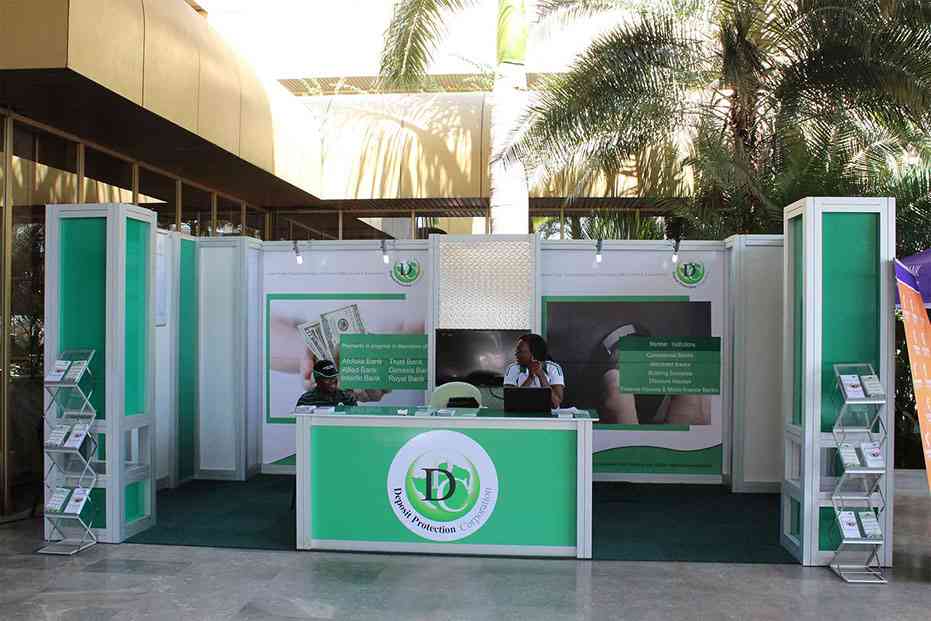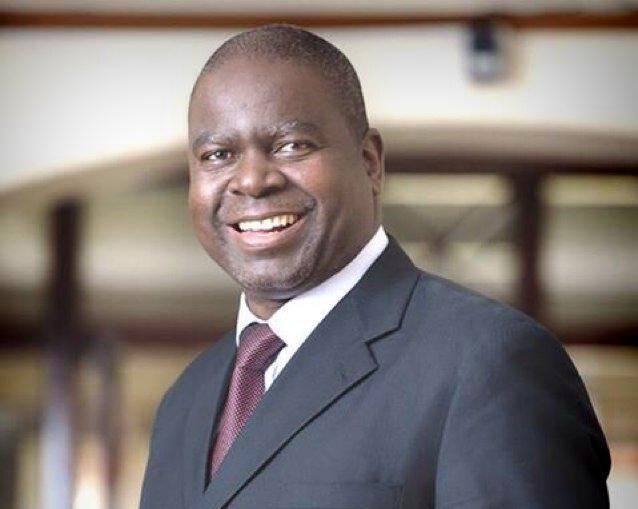Zanu PF benefactor, Wicknell Chivhayo has lost the opportunity to mint millions of dollars after the exclusive rights to partner SpaceX in introducing uncapped and fast internet— Starlink— in Zimbabwe were taken away from him.
Starlink is now available in the country with a standard-kit priced at US$350 plus a monthly US$50 connection fee for unlimited internet.
The mini kit goes for US$200 with a $30 monthly charge.
Chivhayo’s IMC Communications had initially been granted an exclusive licence without a public tender by President Emmerson Mnangagwa in May, but Starlink announced on its website yesterday that it was doing direct sales to customers.
Customers will pay US$23 for shipping.
- West Prop turns lifestyle living into a profit-making venture
- Vungu Solar signs 25-year deal to deliver 30MW to national grid
- Invictus loses US$90m as Qatari deal collapses
- ECA, Morocco sign host agreement ahead of 2026 ministers’ conference
- ZimTrade to host annual conference next month
The announcement came when Mnangagwa’s ally had been named in corrupt multi-million dollar scandals.
Chivhayo allegedly received more than US$100 million from the Zimbabwe Electoral Commission to supply election materials for the 2023 elections.
He was exposed after he went on a frenzy buying cars, some of them top of the range, for Zanu PF supporters as well as singers.
There was an outcry after Chivhayo was announced as the sole Starlink service provider amid fears that he was going to make millions by overpricing the kits much the same way he did with election materials.
Reports said Zimbabweans interested in Starlink were set to fork out US$650 for the initial kit, double its retail price.
Starlink is the name of a satellite network developed by the private spaceflight company SpaceX to provide low-cost internet to remote locations.
The company is owned by South African-born mogul Elon Musk.
Starlink applied for the operating licence in April this year after the government had threatened to arrest people using unauthorised network service providers.
The son of Zanu PF spokesperson Christopher Mutsvangwa and his wife Monica, who is the Women's Affairs minister, Neville, spent days in remand prison for operating a Starlink satellite connection without government permission.
Potraz's director general, Gift Machengete, yesterday said he was not aware that Starlink is now available in Zimbabwe.
“I do not know that Starlink has launched in Zimbabwe. I am currently at the farm,” Machengete said yesterday.
ICT minister Tatenda Mavetera refused to comment claiming she was in a meeting.
This publication could not obtain a comment from the director of Chivhayo’s IMC Communications Company, Danny Marandure, as his phone was not going through.
Sources, however, said Mnangagwa and licensing authorities decided to push Chivhayo aside because of his many scandals that had brought the Office of the President into disrepute.
Chivhayo has also had his free passage to the State House restricted.
“What we gather is that HE decided to be ‘professional’ as it were on this Starlink issue as Chivhayo’s dealings and his motor-mouth were dragging him and that of the office into the mud,” a source close to the matter said.
"He was causing a lot of commotion not only in government circles, but also within and outside Zanu PF."
“Also, it was proved and agreed that he was lying on a number of things, hence Potraz had to come out and say that Chivhayo’s IMC is not the sole service provider.
“He has been shunted aside because of his controversy.”
Chivhayo did not waste time to post that he will be offering Starlink albeit at inflated prices.
In July, Potraz later issued a statement indicating that Chivhayo’s IMC was not the sole Starlink service provider.
The telecommunications regulator said it had also licensed several internet service providers (ISPs) to partner with Stalrink.
Zodsat’s chief executive officer, Arnold Chimambo, yesterday said they applied to resell starlink kits in Zimbabwe in November last year.

Zodsat is a satellite services operator, which provides VSAT network with global coverage regardless of location or topography.
“As an internet service provider we applied to Starlink for the license to resell their kit in the country, and in June this year we signed a non-disclosure agreement with conditions that we should not announce the deal publicly,” Chimambo said.
“So we will be the face of Starlink in Zimbabwe selling the kit which we would have stocked at our offices and delivered instantly without waiting for four to six weeks of shipping.”
Chimambo added that the kits will be sold for $350 and $200 as advertised on Starlink websites without add-ons, stating that the kits will be delivered within four to six weeks.
SpaceX which runs Starlink pays the duty upfront to ensure a seamless customer experience, avoiding waiting times and delays for customers.
Zimbabwe will receive Generation 3 kits.
The announcement that Starlink is now available in Zimbabwe has raised hopes for improved connectivity in a nation grappling with expensive and inconsistent internet access, particularly in rural areas where traditional internet infrastructure has been lacking.
Zimbabwe joined 14 African countries, including neighbours Eswatini, Botswana, Zambia, Malawi and Mozambique on Starlink’s availability map on its website.













